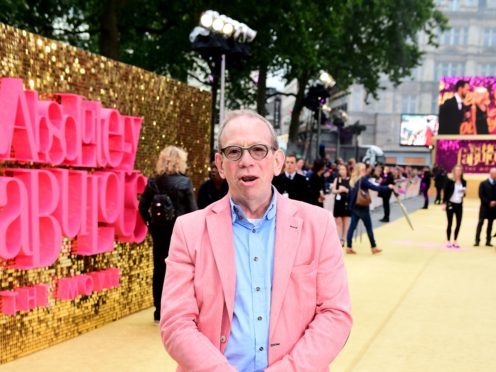The former BBC head of comedy has lamented the lack of laughter on air in an era of sweeping dramas.
Jon Plowman OBE – who worked on the The Office, Absolutely Fabulous and French and Saunders – has said that comedy is no longer a priority or an investment for the major channels.
The producer has decried the spending of major channels on primetime drama at the expense of new comedy, when working audiences may just “want to laugh”.
Writing in Radio Times Magazine, Plowman has warned that a new generation of comic writers and performers could be lost because of the focus on drama and the search for immediate high ratings.
He said: “When viewers sit down for an evening’s telly, we must remember they might have had a hard day and just want to laugh. Make some comedy, because if you don’t the art will be lost.
“The fact is that British comedy is no longer a priority for those who run the main channels.
“This is a pity because if we ever needed a laugh, it’s now.”
The former head of comedy left the BBC in 2007, and has criticised the broadcaster – and others – for commissioning expensive police procedurals and lavish dramas, while spending little on new comic material.
He believes playgrounds will be robbed of catchphrases, and a generation of beloved characters.
He said: “Controllers find it easier to say ‘no’ to comedy because it’s risky, and ‘yes’ to another procedural drama.
“An hour of drama costs around £1 million, whereas half an hour of comedy doesn’t get half that – it gets barely £300,000 or so if it’s lucky. It doesn’t make sense.
“Why is laughter considered so much cheaper than tears?”
Plowman has said he is often told that idiosyncratic British humour is hard to export, and dramas are easier too sell to a foreign audience.
His thoughts can be read in Radio Times Magazine, available today.
